Invited Speakers
We are very pleased to have three outstanding invited speakers at ICML this year. Each speaker will present a 40 minute talk on their research, which will be followed by both a moderated Q/A session and a panel, with several additional experts.
Talks will be pre-recorded and played back at two specified times. The panel will be live for the first presentation and recorded for the second. Live Q/A will occur for both.
Speaker information and timing follows. All times listed are AOE, but the first timeslot is linked to a converter to convert to your local time. Please refer to the ICML 2020 schedule for more.
Tuesday 14 July: Doing Some Good with Machine Learning
Speaker: Lester Mackey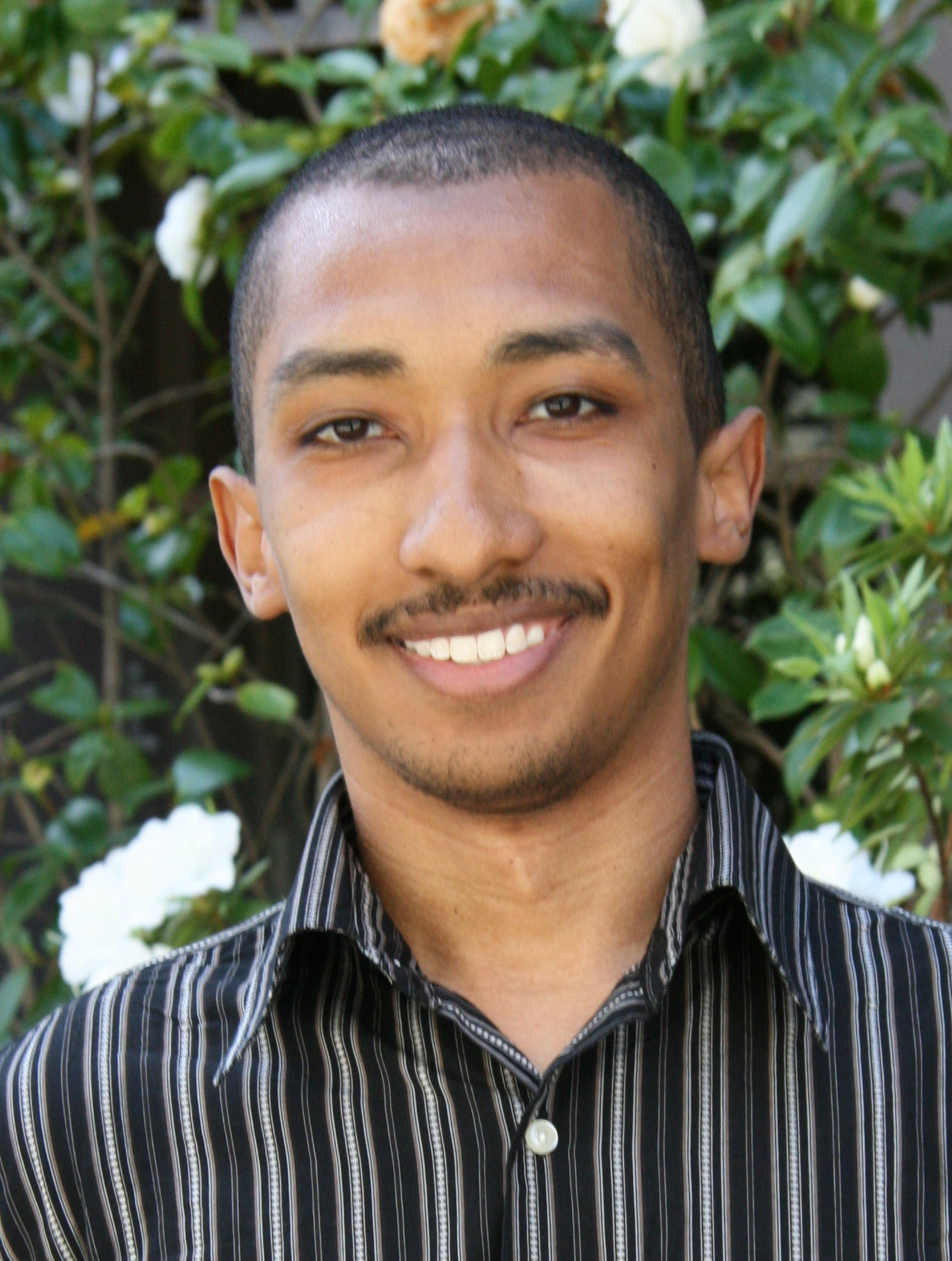
This is the story of my assorted attempts to do some good with machine learning. Through its telling, I’ll highlight several models of organizing social good efforts, describe half a dozen social good problems that would benefit from our community's attention, and present both resources and challenges for those looking to do some good with ML.
Speaker Bio: Lester Mackey is a machine learning researcher at Microsoft Research, where he develops new tools, models, and theory for large-scale learning tasks driven by applications from healthcare, climate, recommender systems, and the social good. Lester moved to Microsoft from Stanford University, where he was an assistant professor of Statistics and (by courtesy) of Computer Science. He earned his PhD in Computer Science and MA in Statistics from UC Berkeley and his BSE in Computer Science from Princeton University. He co-organized the second place team in the \$1M Netflix Prize competition for collaborative filtering, won the \$50K Prize4Life ALS disease progression prediction challenge, won prizes for temperature and precipitation forecasting in the yearlong real-time $800K Subseasonal Climate Forecast Rodeo, and received a best student paper award at the International Conference on Machine Learning.
Panelists:
Ricard Gavalda |
Carla Gomes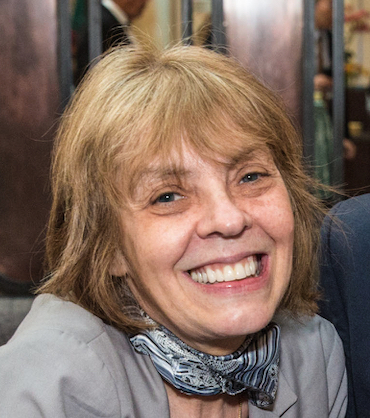 |
Rashida Richardson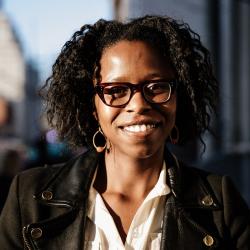 |
First Presentation:
00:00 - 00:40 Talk (pre-recorded, with live text Q/A)
00:40 - 01:00 Live video Q/A
01:00 - 01:45 Panel discussion (live)
Second Presentation:
11:00 - 11:40 Talk (pre-recorded)
11:40 - 12:25 Panel discussion (recorded from first presentation), with live text Q/A starting at 12:00
12:25 - 12:45 Live video Q/A
Wednesday 15 July: Human and Machine Learning for Assistive Autonomy
Speaker: Brenna Argall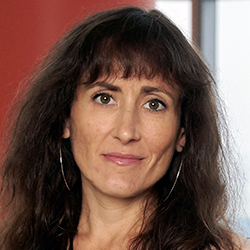
As need increases, access decreases. It is a paradox that as human motor impairments become more severe, and increasing assistance needs are paired with decreasing motor abilities, the very machines created to provide this assistance become less and less accessible to operate with independence. My lab addresses this paradox by incorporating robotics autonomy and intelligence into physically-assistive machines: leveraging robotics autonomy, to advance human autonomy. Achieving the correct allocation of control between the human and the autonomy is essential, and critical for adoption. The allocation must be responsive to individual abilities and preferences, that moreover can be changing over time, and robust to human-machine information flow that is filtered and masked by motor impairment and control interface. As we see time and again in our work and within the field: customization and adaptation are key, and so the opportunities for machine learning are clear. However, the manner of its implementation is not. In this talk, I will discuss the needs of and need for machine learning within the domain of assistive machines that bridge gaps in human function, and overview ongoing efforts within my lab that aim to tackle adaptation and learning.
Speaker Bio: Brenna Argall is an associate professor of Mechanical Engineering, Computer Science, and Physical Medicine & Rehabilitation at Northwestern University. She is director of the assistive & rehabilitation robotics laboratory (argallab) at the Shirley Ryan AbilityLab (formerly the Rehabilitation Institute of Chicago), the #1 ranked rehabilitation hospital in the United States. The mission of the argallab is to advance human ability by leveraging robotics autonomy. Argall is a 2016 recipient of the NSF CAREER award, and was named one of the 40 under 40 by Crain’s Chicago Business. Her Ph.D. in Robotics (2009) was received from the Robotics Institute at Carnegie Mellon University, as well as her B.S. in Mathematics (2002). Prior to joining Northwestern and RIC, she was a postdoctoral fellow (2009-2011) at the École Polytechnique Fédérale de Lausanne (EPFL), and prior to graduate school (2002-2004) she held a Computational Biology position at the National Institutes of Health (NIH). More recently, she was a visiting fellow at the Wyss Center for Bio and Neuroengineering in Geneva, Switzerland (2019).
Panelists:
Aude Billard |
Emma Brunskill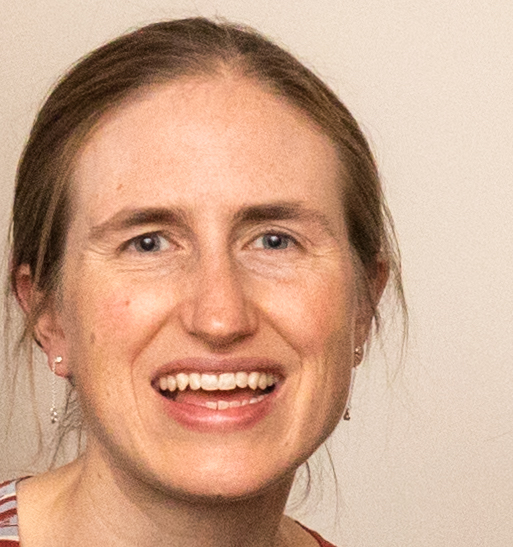 |
Finale Doshi-Velez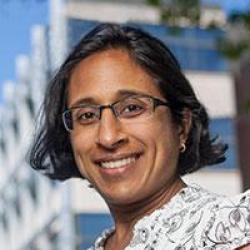 |
First Presentation:
01:00 - 01:40 Talk (pre-recorded, with live text Q/A)
01:40 - 02:00 Live video Q/A
02:00 - 02:45 Panel discussion (live)
Second Presentation:
12:00 - 12:40 Talk (pre-recorded)
12:40 - 13:25 Panel discussion (recorded from first presentation), with live text Q/A starting at 13:00
13:25 - 13:45 Live video Q/A
Thursday 16 July: Quantum Machine Learning: prospects and challenges
Speaker: Iordanis Kerenidis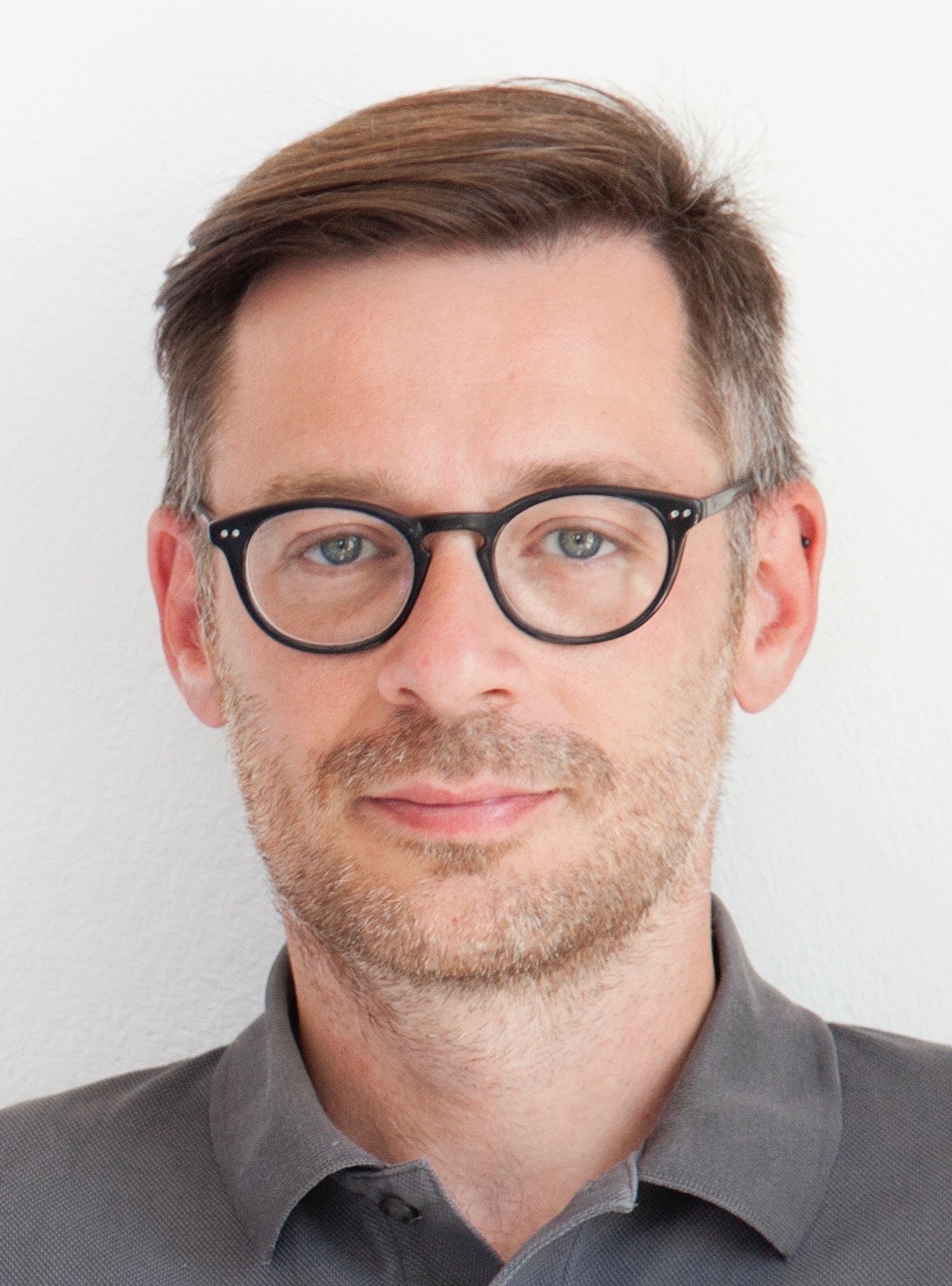
We will review recent work on Quantum Machine Learning and discuss the prospects and challenges of applying this new exciting computing paradigm to machine learning applications.
Speaker Bio: Iordanis Kerenidis (CNRS and QC Ware) received his Ph.D. from the Computer Science Department at the University of California, Berkeley, in 2004. After a two-year postdoctoral position at the Massachusetts Institute of Technology, he joined the Centre National de Recherche Scientifique in Paris as a permanent researcher. He has been the coordinator of a number of EU-funded projects including an ERC Grant, and he is the founder and director of the Paris Centre for Quantum Computing. His research is focused on quantum algorithms for machine learning and optimization, including work on recommendation systems, classification and clustering. He is currently working as the Head of Quantum Algorithms Int. at QC Ware Corp.
Panelists:
Julia Kempe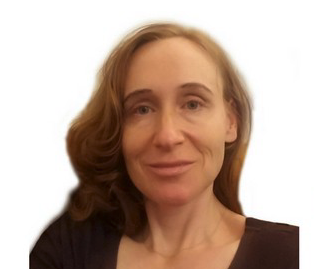 |
Krysta Svore |
Ronald de Wolf |
First Presentation:
05:00 - 05:40 Talk (pre-recorded), with live text Q/A
05:40 - 06:00 Live video Q/A
06:00 - 06:45 Panel discussion (live)
Second Presentation:
18:00 - 18:40 Talk (pre-recorded)
18:40 - 19:25 Panel discussion (recorded from first presentation), with live text Q/A starting at 19:00
19:25 - 19:45 Live video Q/A